Shifting Federal Priorities: What Michigan Fleets Need to Know Since...
Read More =>The Rapid’s Propane Buses Cut Costs and Carbon Emissions
The Rapid is one of Michigan’s largest public transportation fleets, servicing greater Grand Rapids and six surrounding cities. It is leading the charge in eco-friendly transit by switching its fleet to propane. In March 2024, the bus service converted its fleet of 68 light-duty buses to a clean fuel–propane.
The Rapid travels over 1.6 million miles annually, equating to over 215,000 trips for the paratransit fleet. In 2015, the Rapid started its journey to switch to propane, which enabled the paratransit fleet to meet air quality goals, lower fuel and maintenance costs, and reduce lifetime ownership costs.
Low carbon, green fuel: Propane
Propane is a low-carbon, nontoxic alternative fuel that does not contaminate the air, soil, or groundwater. The EPA reports that it’s also the most widely used alternative fuel in the U.S.
Steven Clapp, Director of Fleet Maintenance, stated, “Propane is a cleaner gas, and one of the reasons we switched to propane is that the EPA considers propane a clean green fuel.”
When comparing their fleet size–68 propane vehicles to 68 gasoline vehicles–The Rapid saves 1.7 million kilograms of CO2 every 1.5 years, which significantly helps the city of Grand Rapids.
Propane engines do not require complicated exhaust systems and have minimal carbon buildup. Propane bus mechanics work in cleaner air and they don’t have to work on propane engines much because of this aspect.
“With propane systems, you don’t have all the exhaust fumes you do with diesel and gasoline. It’s a lot better for the environment. It’s not harmful to us to be working on it [the propane vehicle],” said Chantz, one of many technicians who work on the propane fleet.
Immediate Cost Savings
Propane outperforms diesel and gasoline engines in fuel, maintenance, and infrastructure costs.
Clapp said, “It’s [propane] less expensive than diesel fuel or gasoline. We currently pay $2.38 per gallon for gas, whereas propane costs $1.09. Propane prices do not fluctuate as much as diesel or gasoline, making it easier to budget annually.”
“We are saving more money on fuel costs, but we also save money on maintenance costs.”
With a propane fleet, you don’t need the extra fuel additives and filters like other fuels. Propane shines in this light because which
“Oil changes are performed every 5,000 miles, and the oil still looks cleaner with propane. Diesel or gasoline has a dark brown color.”
Clapp even mentioned that propane fueling infrastructure is cheaper than diesel and gasoline. Gasoline and diesel fuels are typically stored in underground storage tanks, which are more expensive to install, monitor, inspect, and maintain than an above-ground storage tank. With propane, you don’t have that problem. Rapid’s 19,000-gallon fueling station sits above ground at their faculty in Grandville, MI, and gets filled once every 6 to 8 days.

I love propane vehicles because the fuel is less expensive, propane is a clean green fuel, and it’s safer for the environment and better for Grand Rapids.”
Steven Clapp
Servicing Propane Vehicles
A vehicle technician at The Rapid has been working on propane vehicles for the past five years. He mentioned, “Propane is pretty safe and easy overall.” When asked how easy it was working on propane vehicles compared to gasoline vehicles, he replied, “Honestly, it’s pretty much the same as gas. The only difference is you gotta properly bleed off the propane system if you’re working on anything fuel-related.” Since propane vehicles are similar to gasoline, training to work on these vehicles only takes two to three days with the manufacturer.
The Easy Transition Away from Gasoline
Transitioning your fleet to propane, a clean fuel, is relatively easy when you consider all its benefits.
Clapp stated, “Transitioning away from gasoline and diesel engines was fairly easy. We did need to procure a propane contract and install a propane storage tank on site. There was also some training for mechanics regarding the propane fuel systems on the engines.” With propane vehicles, there is no need to retrofit the garage to work on them, as you do for CNG and electric vehicles, making the transition easier.
$16,000 Available from the Michigan Propane Gas Association
With budget constraints and a big push to transition Michigan’s fleets to cleaner fuels, the Michigan Propane Gas Association is here to help. The MPGA is offering fleets up to $16,000 for their propane vehicles to help them cut their carbon footprint immediately. The MPGA has experts to help fleet managers, treasurers, and city officials make the transition a smooth one.
Learn more at: MiAutogas.com/#funding
Other Michigan Fleets That Run on Propane
Michigan Propane Vehicle Fleet Workshop 2025
Michigan runs on propane with over 33,000 propane-fueled fleet school...
Read More =>Zingerman’s Bake House Switches to Propane for a Cleaner, More Efficient Fleet
Zingerman’s Bake House, an esteemed artisan bakery renowned for its...
Read More =>Allegan County Transportation: Saves Big and Cleans the Air with Propane
Allegan County Transportation serves 825 square miles of rural Michigan,...
Read More =>




